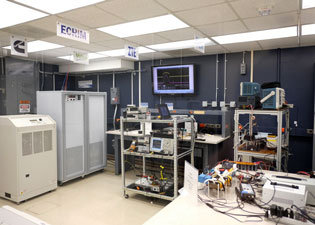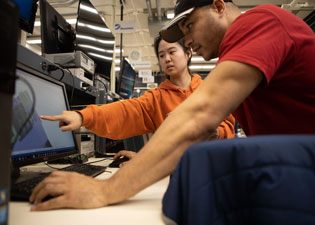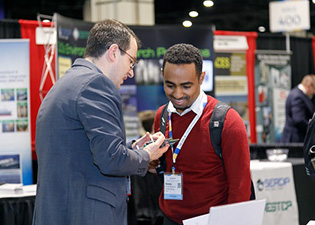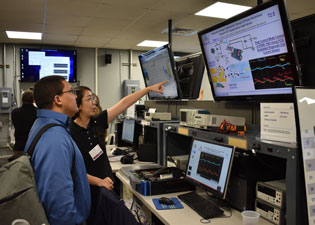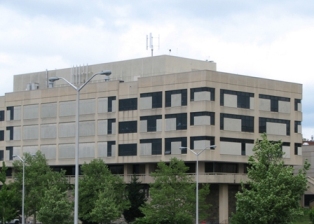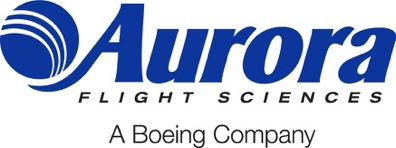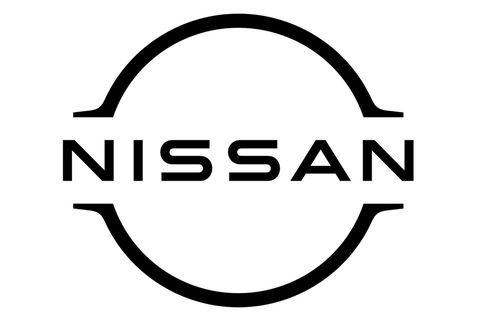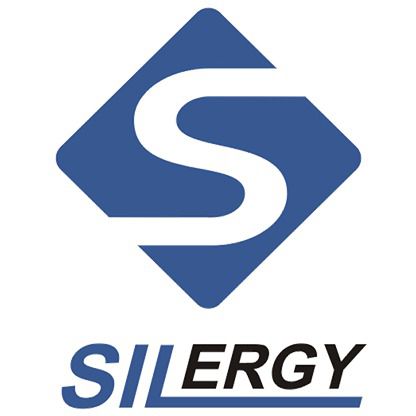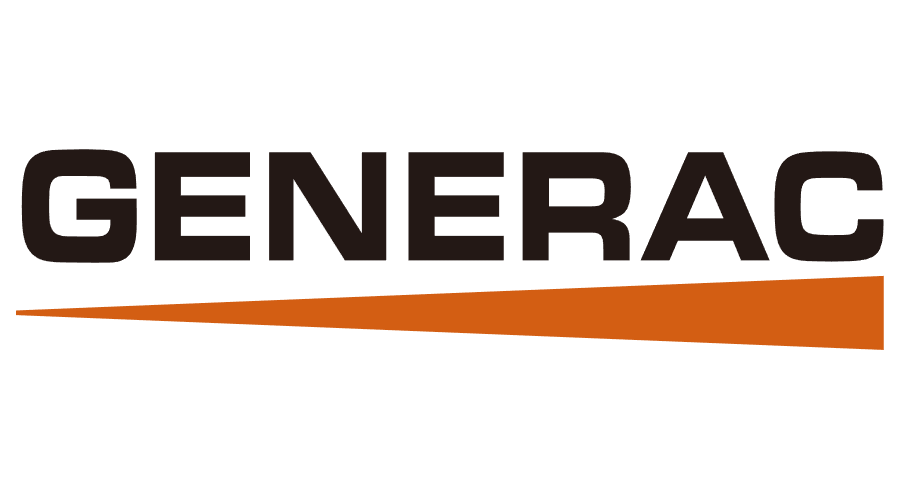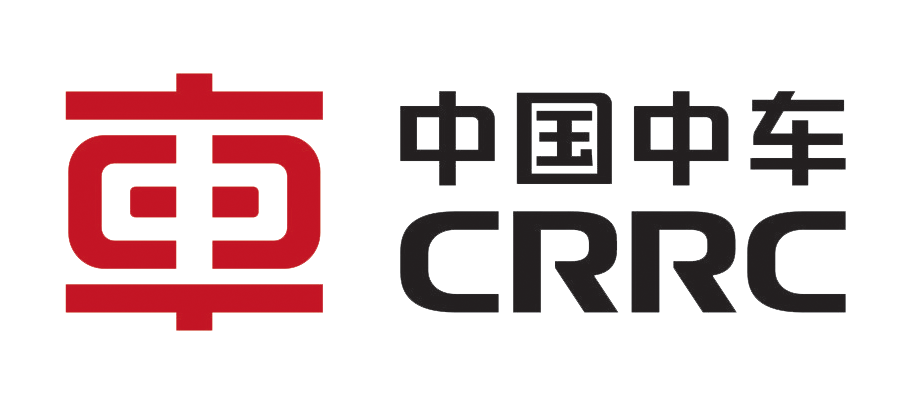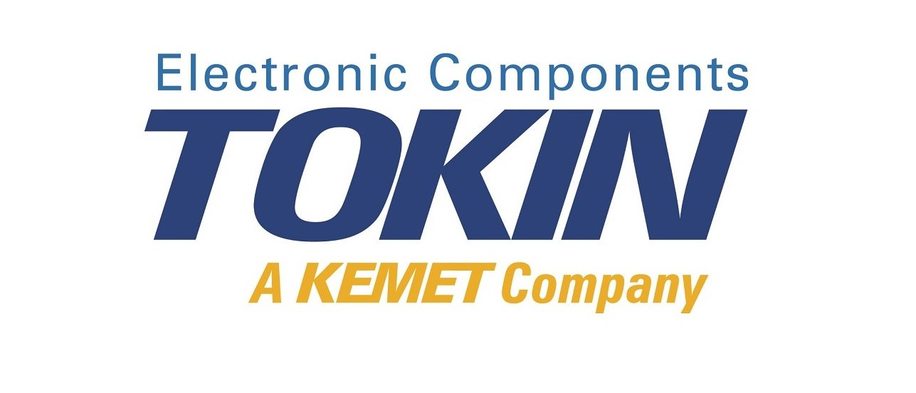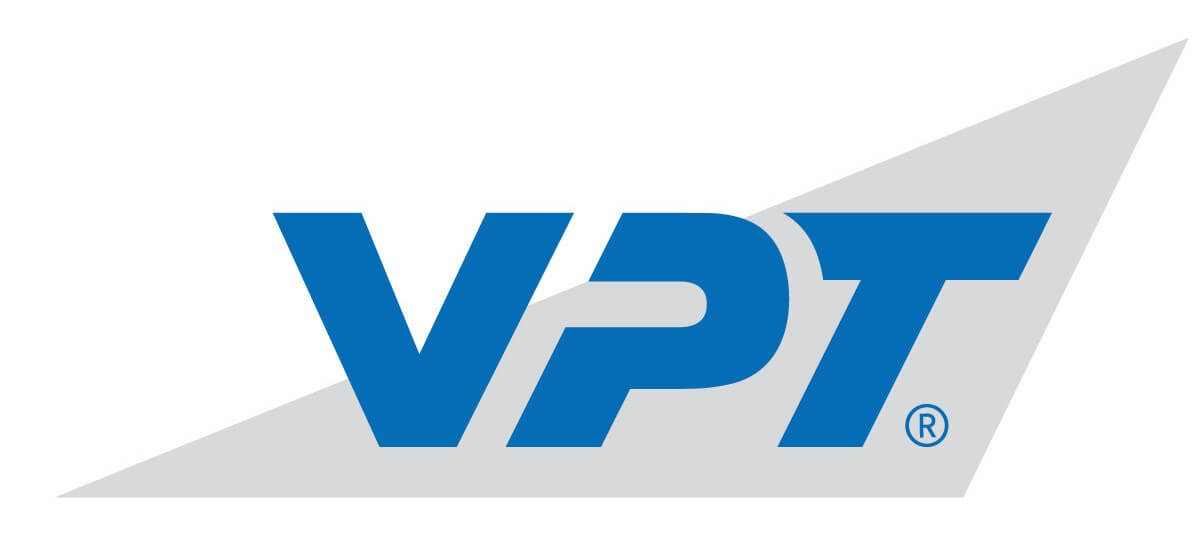ABOUT
CPES Facilities

The Center headquarters is located at Virginia Tech, occupying office and lab facilities encompassing more than 19,000 sq.ft. of space in Whittemore Hall. Research space at CPES-VT includes an electrical research lab, a packaging lab, and a computer lab. A research libary and additional conference rooms with remote conferencing capabilities support interactions with CPES industry members, research sponsors and collaborators.
With the aid of a $1 million DURIP grant, it has upgraded its high power electrical research capability. Virginia Tech is now one of a select few universities with such advanced capabilities, which will help CPES at Virginia Tech maintain its leading position in power electronics.
Electrical Research Laboratory

The Electrical Research Laboratory is equipped with state-of-the-art power testing equipment, dynamometers, prototype PWB manufacturing equipment, an EMI chamber, a clean room, a mechanical shop, and numerous high-end computer workstations. The Power Electronics Research Lab is equipped with state-of-the-art tools and instrumentation necessary for development of power electronic circuits and systems of all sizes from sub-volts, sub-watts to 6 kV, 1 MW. Standard instrumentation is comprised of GHz oscilloscopes; function generators; network, spectrum, impedance, logic and power analyzers; thermal sensors; and AC/DC bench supplies of all sizes. Specialized equipment includes: state of the art curve tracer with 10kV/500A capability, thermal test equipment, Hi-Pot tester, 3-D magnetic field scanner, EMI/EMC analyzer, large and small dynamometers, automatic circuit board routing equipment, programmable and variable loads, and liquid cooled heat-exchanger.
Integrated Packaging Laboratory

The Integrated Packaging Lab is among the most capable power electronics packaging labs in Virginia. It provides the ability to assemble and test IPEMs with industry-standard manufacturing processes and equipment.
The integrated packaging laboratory started with the equipment for such processes as thin film, metal deposition, laser machining, metal plating, wire bonding, circuit board creation, flux-less vacuum solder reflow, and low-temperature-cofired-creamic (LTCC) tape processing. The lab now provides the latest in state-of-the art manufacturing in a unique, 400-sq-ft. facilitiy. New additions include automated dispensing of fluid for adhesive and encapsulant application and precision die and component bonding.
The lab has a variety of abilities for evaluating the thermal and electronic performance and reliability of IPEMs. Electrical testing capabilities include low and high power curve tracers, dielectric measurement equipment, and magnetic property analyzers. Thermal evaluations can be made using thermocouples, fiberoptic sensors, IR imaging and thermal diffusivity tests. Reliability analysis is performed using temperature and humidity cycling chambers.
Renovations to the lab have created 1,600 square feet of class 10,000 clean-room space through the installation of a new sealed ceiling and HEPA filtration. The lab also has a new dark room for photolithography work.
National Capital Region Laboratory

The National Capital Region Laboratory represents a state-of-the-art power electronics laboratory well-suited to continue building upon the CPES worldwide recognized expertise in developing groundbreaking power electronics technology ranging from watts to megawatts of power. This lab opened for the spring semester of 2019, and is located on the fourth floor of the Virginia Tech Research Center in Arlington, VA, occupying more than 1,800 square feet of space. Equipped with the latest testing and measurement equipment capable of achieving several hundreds of kilowatts of power, it is run by two faculty and two research faculty, providing an environment for unparalleled hands-on experience for a dozen graduate students and visiting scholars.
This lab will continue to deliver high quality research in an unmatched collaborative atmosphere with enormous teamwork energy, creating a family-like environment quite natural for CPES. Furthermore, as a part of the VT Electronic Energy Systems Initiative, this new lab expands Virginia Tech’s presence in Northern Virginia, and in a joint effort with its main lab located in Blacksburg, stays dedicated to the improvement of electronic power processing that impacts systems of all sizes, from battery-operated to large distribu-tion systems.
Computer Lab

The Computer Lab supports all major software used in power electronics analysis and design, including: SPICE, Saber, Altium Designer, Ansys Electromagnetics Suite (Electronic Workbench, Maxwell, Simplorer, SIWave), Ansys Mechanical, Icepak, SIMPLIS, FLOTHERM circuit thermal analyzer software, Powersim, Matlab, Mathcad, and PLECS.
High Power Lab

High Power Lab, high voltage power conversion technologies are attracting increasing attention in academia as well as industry in response to a need for more emerging power electronics applications, including alternative energy and power conversion such as wind power generations, fuel cells, hybrid electric vehicles and all-electric ships. Enabled by a 2002 award of $839,337 from the Defense University Research Instrumentation Program (DURIP) paired with CPES cost sharing of more than $250K for renovations, the electrical research lab area at VT has been renovated and upfit to accommodate medium voltage, megawatts power capability. The facility has two medium voltage 1 MVA reconfigurable transformers, corresponding reactors, capacitors, switchgears, and controllers. A 1 MW Innovation Series medium voltage IGBT drive donated by GE is installed as a programmable load. The complete set-up is capable of testing power converters in various active and reactive operation modes continuously at 1 MVA, 4160 V level. The unique installation distinguishes VT as one of a few select universities in the nation with this capability.


